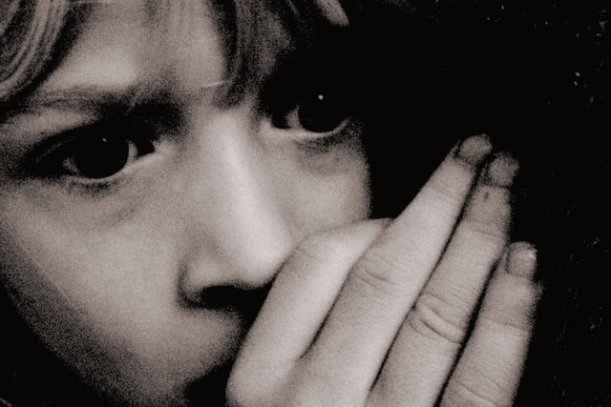 Domestic violence is no new topic. There are several cases daily of emotional, physical or sexual abuse from different parts of the world. Some end up in divorce, serious injury to the victim or even murder. Why would anyone be in such a relationship one may ask. Most times it starts after “I do” has been proclaimed and the couple are living as man and wife. The true colours of people are usually revealed after marriage, were for most its too late to pull out as it may cause scandal, or one chooses to persevere for the sake of the children or financial support or any other reason. No one has to be in an abusive relationship and there are signs that one could use to determine whether or not their partner has the tendency to be abusive.
Domestic violence is no new topic. There are several cases daily of emotional, physical or sexual abuse from different parts of the world. Some end up in divorce, serious injury to the victim or even murder. Why would anyone be in such a relationship one may ask. Most times it starts after “I do” has been proclaimed and the couple are living as man and wife. The true colours of people are usually revealed after marriage, were for most its too late to pull out as it may cause scandal, or one chooses to persevere for the sake of the children or financial support or any other reason. No one has to be in an abusive relationship and there are signs that one could use to determine whether or not their partner has the tendency to be abusive.
1. Desire for Power & Control
Mostly in abusive men, there is usually a strong desire for power and control that they exert on their lovers when they feel inadequate. When things are getting out of their control, they turn their frustrations into violence behavior towards their lover. They also are abusive when they feel they are losing control of their significant other, or they feel inferior because they are earning less, they feel jealous or anything that affects their ego and self-esteem. This often leads to obsession, were they forcefully restrict their partners from the ‘outside world’ out of fear of losing them and constantly keep them in check. It is important to know just how big the ego of your significant other is and their hunger for power and control. An indication is if they do not like to ‘share’ power with you. They make all the decisions and set all the rules and are aggressive (even passively) when they are not in control. This is a vital sign.
 2. Violent background
2. Violent background
Abusers have often been found to come from homes where they have been abused or observed one of their parents being abused. This influences their approach to relationships as they tend to repeat what they observed in their own relationships. It now becomes a form of learned behaviour, especially if the abused did little or nothing about it (positive reinforcement). Violent temperaments have also been found to be hereditary, meaning that the child of a violent man has a tendency to become violent himself from when he is young or in the future. Correlations have been found between juvenile delinquents and abusive behaviour in adulthood. Know very well the background of whoever you’re getting yourself involved with and look out for histories of violence within the family.
3. Substance abuse
There are several cases of alcoholics and drug abusers being abusive. Abuse of drugs and alcohol makes it less likely for one to control their violent impulses. Reasoning is reduced so they become more impulsive. Substance abusers lack self-control and, because they are often not themselves, end up doing things they’d regret when they are sober. This indication would be clear most of the time, act on it!
 4. Blame
4. Blame
A major reason why abuse goes on in a relationship is blame. The abuser blames his or her violent behaviours on their partner, saying it’s their partners fault that they are harming them. On the other side, in a number of cases we find that the abused also blame themselves for the abusers behaviour towards them. Telling themselves or others that if they didn’t act in a certain way they would not have been treated badly by their partner. Either way, it deeply affects the self-esteem of the abused and positively reinforces the abusers violent actions. It is important to note that no one else is to blame for our actions; only we are to blame. Never blame yourself for someone else’s bad actions. Beware if its always your fault when something goes wrong in your relationship, and when necessary it is vital you stand up for yourself.
These four signs are often obvious, so do not ignore them.
Do not be silent in abuse; speak out!
Domestic abuse occurs most of the time when the abuser believes he or she would get away with it. No one deserves to be in an abusive relationship and it can be prevented if we are all mindful of ourselves, our thoughts and our actions.